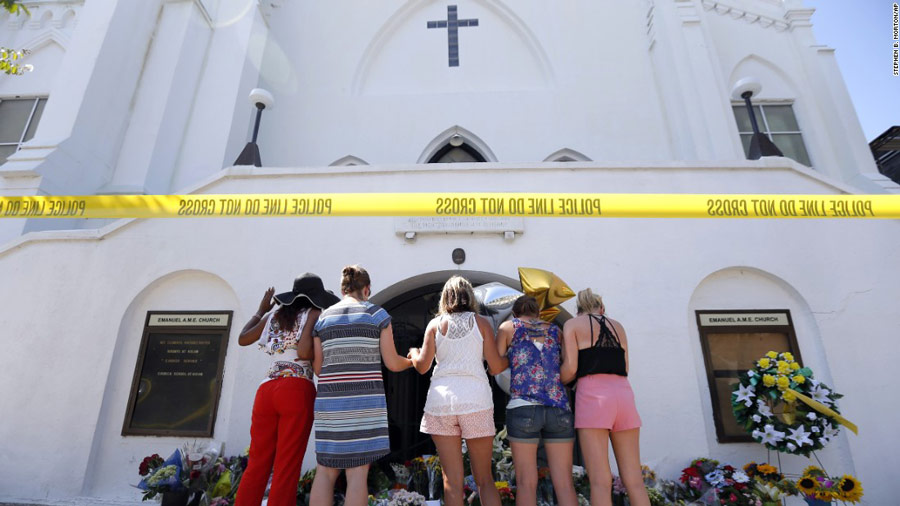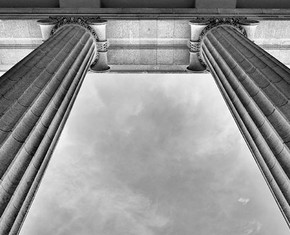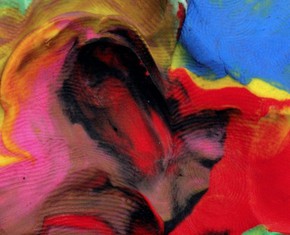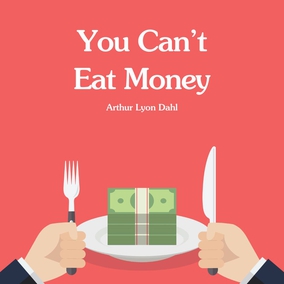The views expressed in our content reflect individual perspectives and do not represent the authoritative views of the Baha'i Faith.
You’re probably already familiar with Dylann Roof, the young white supremacist who murdered nine African Americans while they prayed in the Mother Emanuel church in Charleston, South Carolina. Those victims, now known as the “Charleston Nine,” actually spent an hour talking to Mr. Roof about the Bible and their beliefs before he pulled out a handgun and shot them.
How do we know that? Three people survived the attack and identified Dylann Roof as the assailant; and then he voluntarily confessed to the crimes, he said, because he wanted to “start a race war.” Roof admitted that he had been planning the attack for six months, and had chosen the Mother Emanuel AME church because of its prominent role in the anti-slavery and Underground Railroad movement in the Civil War-era American South. He also told the FBI that he almost didn’t go through with the attack because members of the Bible study group “were so nice to me.”
As I write this essay, Roof is on trial for his life in federal court in South Carolina. He faces 33 felony charges, including 24 hate crime allegations. Eighteen of those charges carry the death penalty.
So the question before us today, as a nation and as a global community, is whether we should execute Dylann Roof. What do you think?
Many believe he should be executed. His self-admitted crimes went so far beyond the bounds of acceptable human conduct that they have outraged the entire world. To walk into a peaceful house of worship, be welcomed into a Bible study group and treated kindly, and then to kill multiple people in cold blood and without any provocation—those heinous, racist crimes, many people argue, are exactly what the death penalty should be used for. South Carolina’s governor, Nikki Haley, has called for the death penalty for Roof. The federal prosecutors have asked for capital punishment. State prosecutors have done the same. People from all over the globe have written to state and federal officials, demanding the Roof be put to death. One pundit said “if we don’t execute Dylann Roof, we might as well abolish the death penalty altogether.” Another wrote “Dylann Roof is the poster child for capital punishment. If we don’t execute him, there is no justice.”
But not everyone feels that way.
Shockingly, survivors of the church shooting and relatives of five of the victims spoke to Roof directly at his arraignment hearing, and publicly and tearfully forgave him for killing their family members.

People mourn outside Mother Emanuel AME Church in Charleston, South Carolina,
Their spirit of forgiveness stunned many people, but soon spread to other religious groups and congregations. Investigations into Roof’s background and childhood revealed a broken home, an abusive father, a history of mental problems such as obsessive-compulsive disorder (OCD), a chronic pattern of drug abuse and longtime exposure to violent video games and toxic white supremacist websites.
Then, just as Root’s federal trial got underway, another surprise occurred. The NAACP Legal Defense and Educational Fund—started by the first African American Supreme Court Justice Thurgood Marshall—announced their official opposition to capital punishment for Roof.
“Such a sentence,” one of the NAACP’s attorneys, Christina Swarns, wrote in an editorial in the New York Times, “would have the perverse effect of justifying the routine, racially discriminatory imposition of the death penalty on black people.” She said:
In opposing the death penalty for Mr. Roof, the Legal Defense Fund does not speak for the survivors or the families of the victims; we grieve with and for the Mother Emanuel and Charleston communities. We recognize that there is a broad spectrum of emotions and positions on this volatile issue, and that the voices for justice that have emerged in the wake of these murders stand on their own and deserve our compassion and respect. We at the Legal Defense Fund can speak only for ourselves, based on our organization’s 75 years of experience with grieving families and communities, with victims and defendants and our quest for racial justice. – The New York Times, November 7, 2016.
This level of forgiveness, and the policy implications that go with it, challenge everyone to think deeply about Roof’s punishment for his hate crimes. Should we return hatred and killing with killing? Should we end Roof’s young life; or should we sentence him to a long lifetime in prison without the possibility of parole? Which punishment will deter other racist killers; and which penalty will best protect the innocent from future harm? Which one will do the most good for our society?
The Baha’i teachings allow us to consider both penalties as possibilities—and also allow us, as a society, to take changing social and spiritual conditions into account:
Human conditions and exigencies are such that even the question of capital punishment—the one penalty which most nations have continued to enforce for murder—is now under discussion by wise men who are debating its advisability. In fact, laws for the ordinary conditions of life are only valid temporarily. The exigencies of the time of Moses justified cutting off a man’s hand for theft, but such a penalty is not allowable now. Time changes conditions, and laws change to suit conditions. – Abdu’l-Baha, The Promulgation of Universal Peace, p. 366.
So in answer to our BahaiTeachings.org reader who initially helped spark this series of essays, and who said ““How do Baha’i followers justify the death penalty? It is a huge sticking point with your practice;” the Baha’i Faith does not unilaterally advocate capital punishment.
Instead, its laws leave the choice open to the wisdom of society itself, and ultimately to the conditions and the conscience of the culture.
You May Also Like
Comments

















"As to the question regarding the soul of a murderer, and what his punishment would be, the answer given was that the murderer must expiate his crime: that is, if they put the murderer to death, his death is his atonement for his crime, and following the death, God in His justice will impose no second penalty upon him, for divine justice would not allow this." per, 'Abdu'l-Baha'
world or the next, was only a personal view without reference to
the Baha'i scriptures. However, Fyodor Dostoevsky said a society
can be judged by how it treats its
criminals. I believe any government
in which execution acts as a proxy
conduit for people's revenge is in
spiritual darkness. A Baha'i quotation in article #4 says punishment is to "dissuade and
deter" for society's protection.
in which realm the punishment occurs, where
the Divine "balance sheet"
of good and evil deeds by
a soul is reckoned? I personally feel not, and
therefore prefer human
leniency in this world to
the possibility of authorities
making a mistake (as long
as society is safe)!
of execution compared to a life
sentence, or if the experts know
beyond question. That would be
about the only benefit I can imagine,
and maybe still would be outweighed by other things. Even in Mr. Roof's
case, how would killing him make
us better people? Wouldn't it be
more constructive to address "motive" by spiritual or ethical
education and mental health awareness, and "method"/ "opportunity" by gun control, etc.?